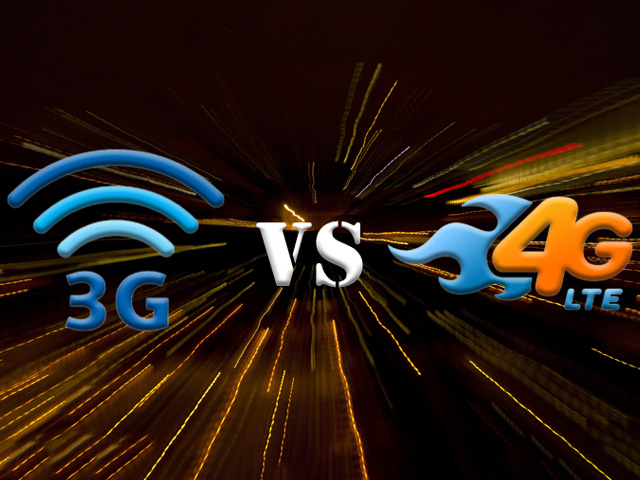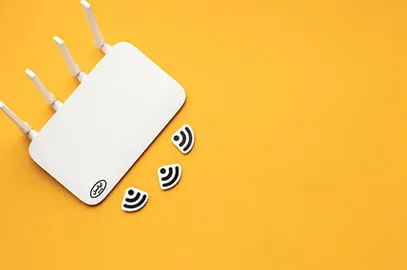3G vs. 4G: Whats the Difference?

For many users, 3G and 4G are two examples of the mysterious phrases in the mobile technology dictionary, but they are still used for the marketing of phones and tablets. If you decide to buy a new phone, the right option is not certain, and you should not always look for a higher model. In the following, well help you choose the right technology.
3G and 4G technologies
If you want to browse the web and you are particularly interested in the video, you should go for 4G. If you use your mobile Internet connection on a laptop, the 4G network will make a big difference. Generally speaking, any process that deals with large volumes of data transfer will improve significantly with 4G. However, you should be aware of data usage limits on your mobile data service. With 4G speeds, it’s not too difficult to reach your data plan’s limit very soon.
Finally, buy a 4G phone if you want to prepare yourself for the future. The 4G coverage is expected to be better off as operators are investing more in this segment. You should keep in mind that all 4G handsets also support 2G and 3G networks.
New generations usually come with new base technologies, more network capacity to provide more data for each user and the potential for better sound quality.
4G phones were supposed to be much faster, but this is not always true. The number of technologies known as 4G, as well as the implementation methods, are so numerous that the term is almost meaningless. The 4G definition is so obscure that eventually, the Universal Telecommunication Union (a standard body) tried to publish the requirements for granting a 4G title to a network, but operators ignored them until the ITU eventually retreated. 4G technologies include HSPA + 21/42, WiMAX (now obsolete) and LTE. Although some believe that LTE is the only real 4G technology in this group, there are others who think none of them are fast enough to gain this title.
However, there is a significant difference between 4G LTE and other technologies called 4G, and this difference is evident in upload speeds. For example, if you’re sending a photo or video (a process that needs uploading a lot of data), you’ll probably find that the uploading speed of LTE is much better than HSPA.
There are very different ways to implement LTE, so it can’t be said that all LTE networks have the same speed. For example, operators that have access to more radio spectrum for LTE, typically implement faster networks than low-end operators.
When to go for 4G
If you want to browse the web and especially interest in the video stream, you should go for 4G. If you connect a laptop to your mobile link, the 4G network will make a big difference. In general, anything that deals with the transmission of large amounts of data will result in a significant improvement from the 4G. However, you need to be aware of the limitations of data usage on your service plan. Very fast consumption of large amounts of data with 4G will not be difficult.
Finally, buy a 4G phone if you want to prepare yourself for the future. The 4G coverage is expected to get better because carriers spend most of their money right here. You should keep in mind that all 4G handsets also support 2G and 3G carriers.
Is 3G still an option?
There are very few reasons to still go for a 3G phone. For example, 4G devices have a much higher battery consumption.
If you use your phone mostly for conversation, you do not need a 4G data rate. So, by choosing a device without the high-speed network, you can save money on the cost of purchasing as well as battery life.


